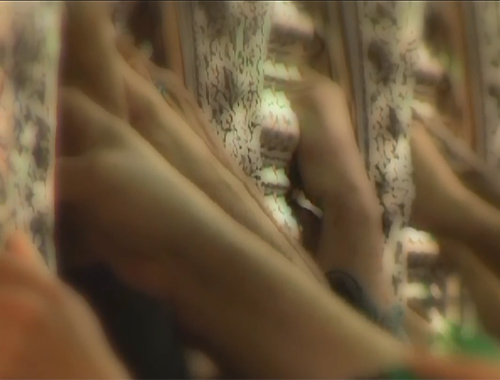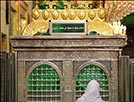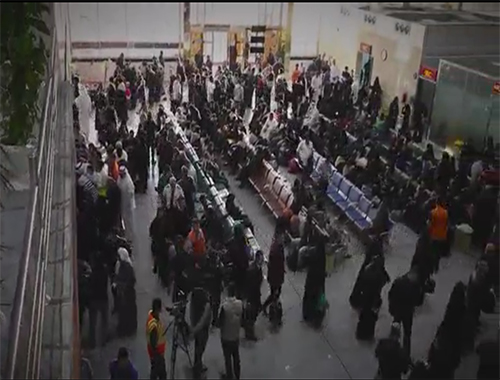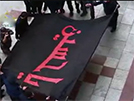The Debtor Whose Good Deeds are Given to the Creditor
- Details
- Hits: 1762
The Debtor Whose Good Deeds are Given to the Creditor
If the debtor is guilty of being lazy in repaying, or if he had taken the loan for an illegal purpose, or if he has delayed the repayment inspite of being capable of doing so, and if after his death his debt has not been paid nor has the creditor condoned him. Then on the Day of QiyÄma his good deeds equivalent to the loan amount shall be given to the creditor and if his good deeds are exhausted or insufficient to cover the amount, sins from the scroll of deeds of the creditor will be transferred to the scroll of the guilty debtor.
Some narrations have described this phenomena in clear words.
Imam Ja’far as-Sadiq (a.s.) has been recorded to have said:
“The most difficult time on the Day of QiyÄma will be when those eligible to receive Khums and Zakat will rise up and besiege the one who has not paid it. They will complain to Allah that this person has not paid the amount due to them from Khums and Zakat. Then Allah will transfer the good deeds of that person and give them to those who were eligible (for Zakat and Khums).”
Imam Ja’far as-Sadiq (a.s.) has also said that on the Day of QiyÄma the creditor will complain against his debtor. Then if the debtor would have good deeds to his credit, they will be taken away for the creditor and if there are no good deeds for this purpose, the sins of the creditor will be added in the scroll of deeds of the debtor.
It is amply evident from the various traditions that if a person dies before fulfilling the rights of others upon him he will not achieve salvation till the rights are restored to the owner or the owner condones him. Or till his good deeds are given to the one who had the right upon him or if there are no good deeds for this purpose the sins of the latter are transferred to the scroll of deeds of the former. Or lastly, until the Ahl ul-Bayt (a.s.) intercede on his behalf.











